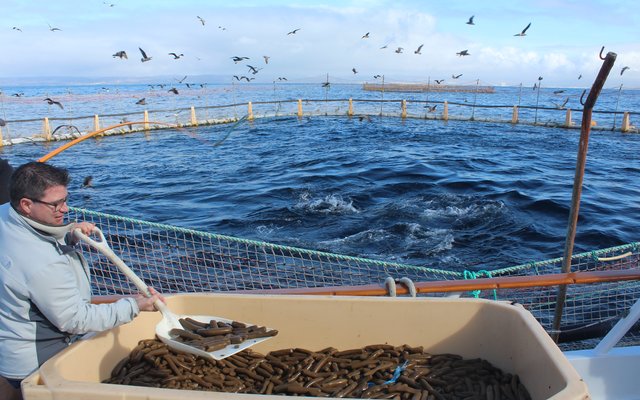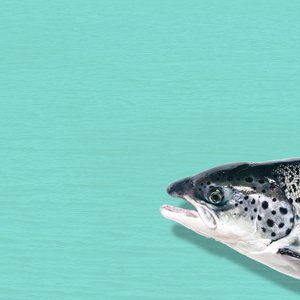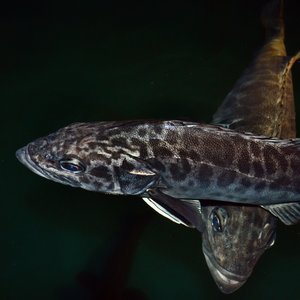A new grant from the Foundation for Food and Agriculture Research (FFAR) augments ongoing support from the Illinois Soybean Association (ISA) checkoff program and will allow Ichthus Unlimited, LLC, to establish a hatchery in the San Diego Bay area. This will be the first tuna hatchery in North America and the third bluefin hatchery in the world.
Alejandro Buentello, president of Ichthus Unlimited, LLC, will lead the hatchery project to cultivate Pacific bluefin tuna eggs, raise them to juvenile fish and distribute them to tuna farms to be raised to market maturity. This aquaculture system will improve the sustainability and quality of tuna production.
“High global demand increases tuna value and induces overfishing of wild stocks,” Buentello says. “The tuna ranching industry is constrained by a stringent quota system that limits the amount of wild tuna they can catch to stock in oceanic cages. With ISA support, we successfully developed soy-based feed that can be commercially manufactured."
The hatchery will allow tuna to be raised with sustainable feed from very early growth stages. According to Mark Albertson, director of strategic market development for ISA, the program has been funding sustainable feed research with this goal in view. For the past three years, Buentello has led ISA-funded research to develop sustainable soy-based diets for tuna. The nutritionally dense soy-based diet improves feed conversion rates, reduces waste and improves meat quality. And it is made from sustainable, renewable ingredients.
The ISA-funded research tested various soy-based diets for larval Atlantic bluefin tuna in Spain, where survival rates improved at least 30 percent compared to other diets. Juvenile yellowfin tuna in Panama land-based facilities also tested formulated feed options. Building on these experiences, trials with mature, ranched Pacific bluefin tuna in ocean net pens in Mexico confirmed the viability of the soy-based diet. The formulated diet decreases the feed conversion ratio from 28:1 with wild-caught sardines to 4:1, and reduces the amount of fishmeal and fish oil in feed by tenfold.
“Soy protein is a complete protein that replaces fishmeal in diets for many aquatic species and has become the top ingredient in aquaculture feed,” says Albertson. “ISA filled a research gap in alternative protein research for tuna that existed because of the species’ complexity. We’ve laid the foundation to use soy-based feed from early development through maturity.”
The ISA checkoff program research project brought together many partners to improve tuna aquaculture sustainability. Texas A&M and Kansas State universities supported research elements and evaluations and a San Diego-based factory produced feed for market-scale trials. Several competing feed companies contributed raw materials, key ingredients, blending facilities and other resources.
The new hatchery will continue this trend of industry collaboration, as Ichthus Unlimited works with other tuna hatcheries, FFAR, ISA, Texas A&M University, the Spanish Institute of Oceanography and feed manufacturers.
“We have developed manageable solutions for tuna production based on strong science,” says Buentello. “We are proud to work with forward-thinking leaders to develop truly sustainable hatch-to-harvest tuna farming.”
Watch the video Feeding Bluefin that summarizes the research and its potential impact on protecting endangered wild tuna stocks.













